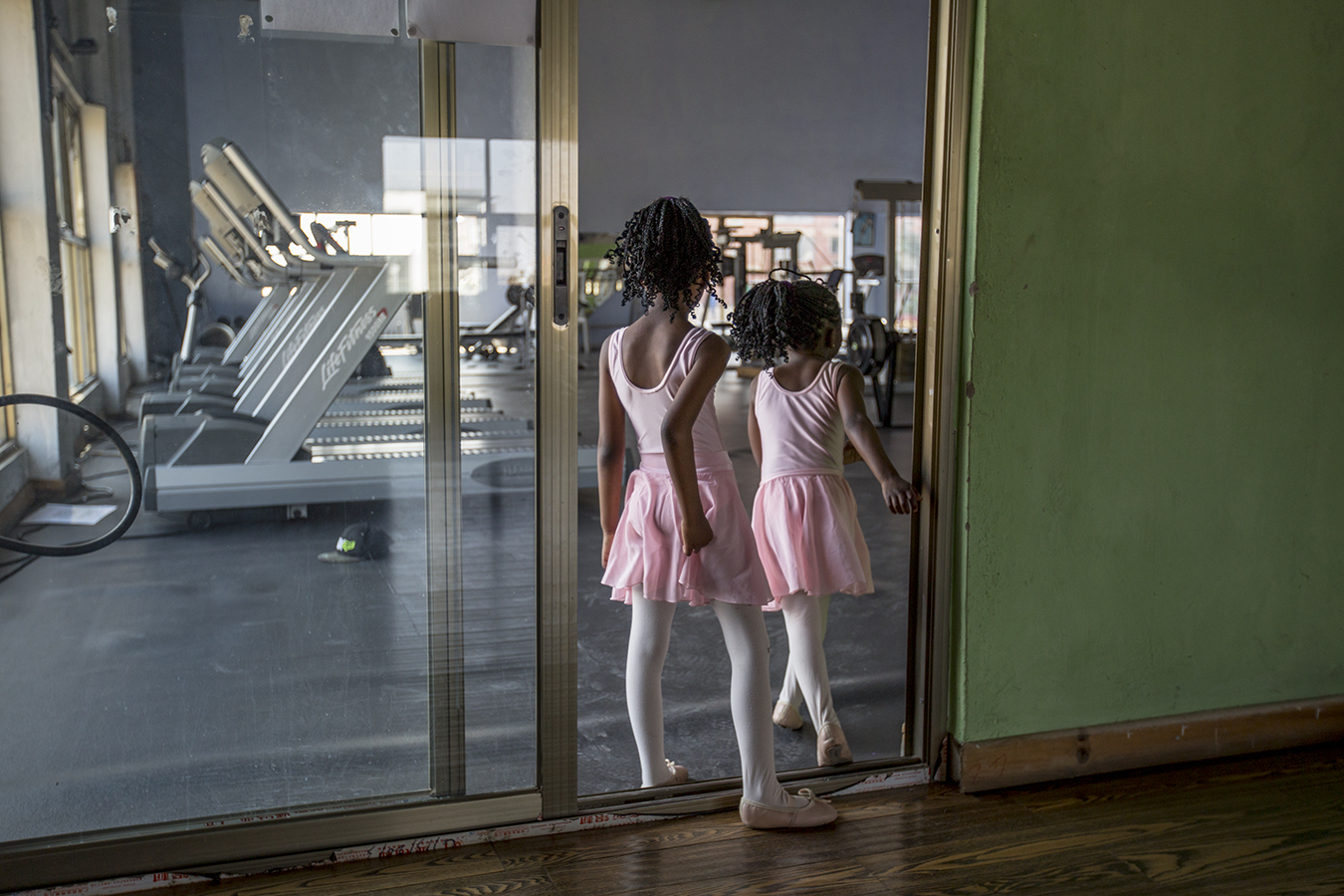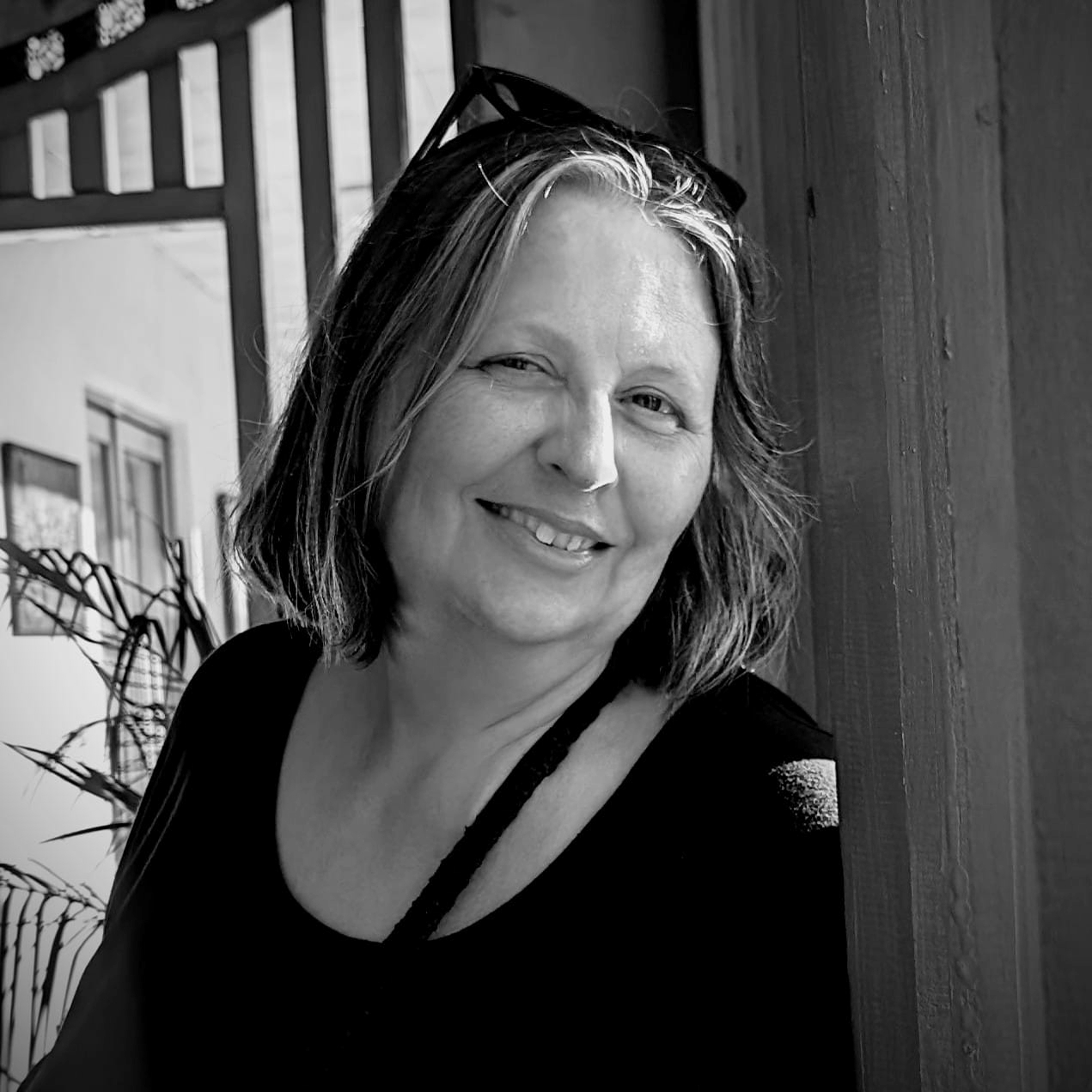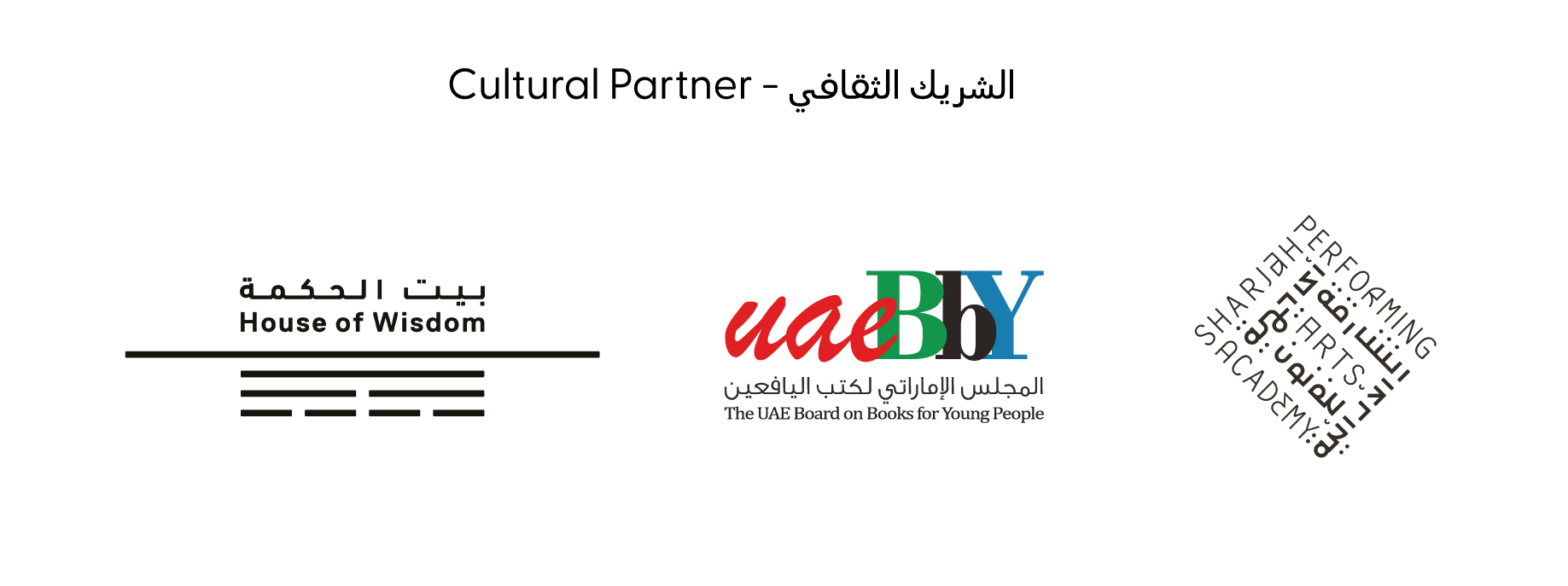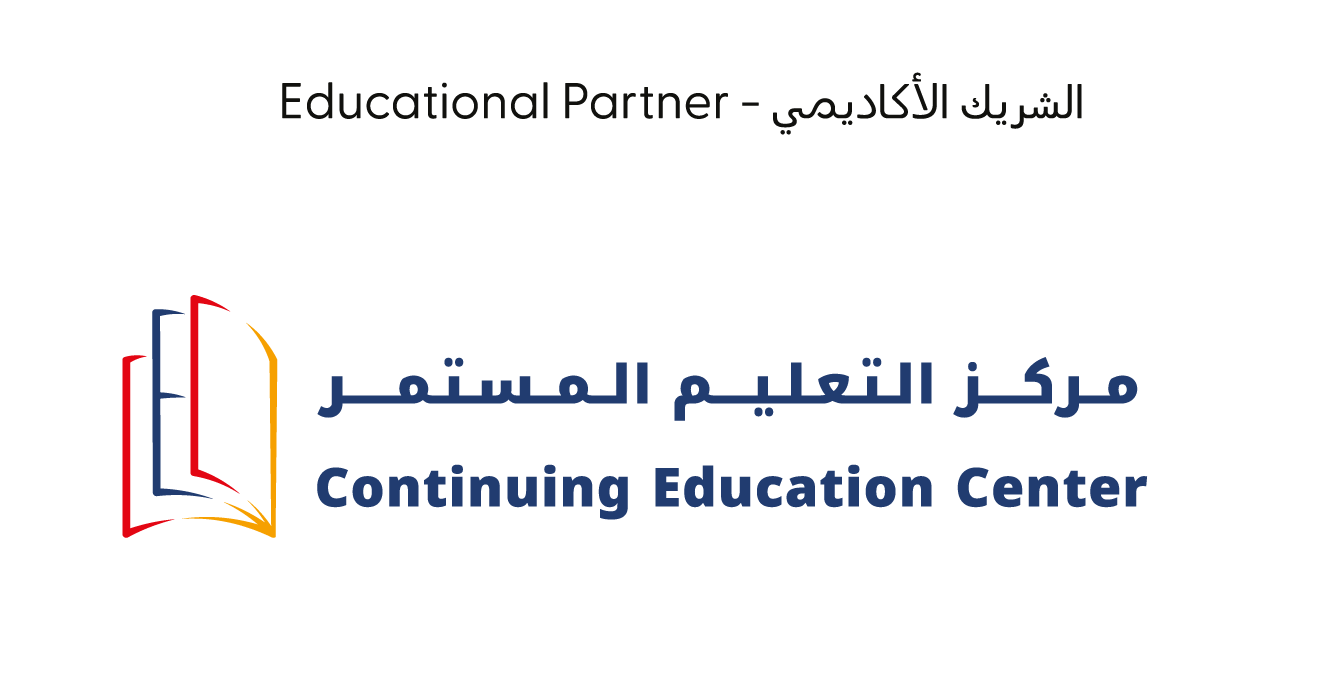كريستين هاكر
الدكتورة كرستين هاكر مصورة فوتوغرافية مشهورة وباحثة عملية وأكاديمية مقيمة في كامبريدج بالمملكة المتحدة، وهي معروفة بنهجها الفريد في سرد القصص المرئية والبحث التعاوني. يعمل عملها على تفكيك الأعراف الوثائقية الراسخة وتحدي الصور النمطية المرتبطة غالبًا بالروايات المرئية الأفريقية وتعزيز الحكم الذاتي البصري. ركزت الدكتورة هاكر على تمكين المصورين الناشئين من زامبيا، وأكدت أبحاثها على "إلغاء التعلم" - وهي عملية تهدف إلى معالجة التأثيرات الاستعمارية والاجتماعية والرأسمالية على تاريخ زامبيا الفوتوغرافي. يدعو عملها إلى وجهات نظر بصرية جديدة ومتجذرة محليًا لتتخذ شكلًا.
حاصلة على درجة البكالوريوس (بكالوريوس، 1993) والماجستير (ماجستير، 1995) في التصوير الفوتوغرافي من جامعة فلوريدا إيه آند إم، وأكاديمية الفنون المسرحية في براغ. تطور هذا الأساس الأكاديمي إلى عملها في الدكتوراه، وهو دكتوراه عملية بعنوان التصوير في زامبيا: (إعادة) التفاوض على مكتبة زامبيا الاستعمارية من خلال الممارسة الفوتوغرافية. يضعها بحثها كمصدر موثوق لدمج الممارسة الفوتوغرافية مع الاستقصاء الأكاديمي النقدي لتحويل التمثيلات التقليدية وتعزيز الأصوات الجديدة في التصوير الفوتوغرافي الوثائقي الأفريقي.
احتُفي بمسيرتها المهنية من خلال العديد من الجوائز والزمالات التي تسلط الضوء على مساهماتها في التصوير الصحفي والبحث. في عام 1993، تم اختيارها كأفضل مصورة صحفية لهذا العام في ألمانيا، وفي عام 1995، حصلت على جائزة مؤسسة أليكسيا في الولايات المتحدة. في الآونة الأخيرة، حصلت على العديد من الزمالات التي تؤكد تفانيها في البحث التعاوني وما بعد الاستعمار. بين عامي 2009 و2012، عملت مع جامعة زامبيا بموجب منحة شراكة تعليمية في إفريقيا من المجلس الثقافي البريطاني. في عام 2021، حصلت على زمالة مختبر الويب للتأثير والاستعمار من جامعة فرايه برلين، بالتعاون مع مصورين زامبيين لتطوير سرديات بصرية ما بعد الاستعمار. ومؤخرًا، حصلت على زمالة كامبريدج للثقافات البصرية في جامعة كامبريدج، حيث تعمل جنبًا إلى جنب مع أمين زامبي في بحث يستكشف الممارسات الفوتوغرافية المتطورة في زامبيا.
في وقت سابق من حياتها المهنية، كانت الدكتورة هاكر مصورة صحفية لصحف بارزة مثل ديلي تليجراف وذا جارديان. تعاونت مع منظمات مثل Sight-Savers International وComic Relief وSave the Children. أظهر عملها في هذه الأدوار نهجها المتعاطف وقدرتها على التقاط القصص الإنسانية بوضوح واحترام.
منذ عام 2008، جلبت الدكتورة هاكر خبرتها العملية ورؤيتها التعاونية إلى الفصول الدراسية، حيث قادت دورات التصوير الفوتوغرافي لمرحلتي البكالوريوس والدراسات العليا في كلية كامبريدج للفنون وجامعة أنجليا روسكين. واستمدت أسلوبها في التدريس من خبرتها الواسعة في التصوير الصحفي والبحث القائم على الممارسة، مما أعد الجيل القادم من المصورين للانخراط في أسئلة أخلاقية نقدية في التصوير الوثائقي وتبني ممارسات مبتكرة في عملهم. ولا تزال مساهمات الدكتورة هاكر المستمرة في البحث الفني والتعليم والدعوة العالمية تؤثر على المشهد المعاصر لالتصوير الصحفي وبحوث التصوير الفوتوغرافي وإعادة تشكيله.
يسعى هذا النهج إلى التأكيد على أهمية تصوير العادي ووضع أساس لمعرفة جديدة ومتنوعة، متجاوزًا التصويرات الاستثنائية للعاصمة الأفريقية. تؤكد الصور على أهمية التكيف المستمر والتأمل الذاتي للمصورين، وخاصة أولئك الذين ينحدرون من خلفيات أوروبية، في تطوير فهم أكثر دقة للسياقات الأفريقية.


تساهم الصور في الخطاب الأوسع حول ثقافة بصرية ما بعد الاستعمار، وتقدم رؤى حول كيفية أن تؤدي التغييرات التدريجية والواعية في ممارسة التصوير الفوتوغرافي إلى تمثيل أكثر أصالة وتمكينًا للعواصم الأفريقية، مما يعزز في النهاية تقديرًا أعمق للأشياء العادية.
أوموباشي بوا نامفومو - روح الملكة - التأثير والاستعمار مختبر الويب (عبر الإنترنت) ، جامعة فراي برلين
مستأجرون من كالينغالينغا، مهرجان فوتوغرافيشر بيلدر، ألمانيا 2021
قصص كالينغلينغا، مركز الدراسات الأفريقية، جامعة كامبريدج المملكة المتحدة، 2020 - أمين ومشارك
قصص كالينغلينغا، معرض روسكين، كامبريدج، المملكة المتحدة: 2020 - أمين ومشارك
الجيل Z, كراش, فن @ ARB/مركز الدراسات الأفريقية، جامعة كامبريدج: 2018
الجيل Z, معرض هنري تايالي ، مجلس الفنون التشكيلي الوطني الزامبي ، لوساكا ، زامبيا عام 2017








